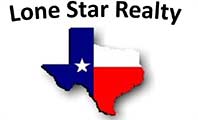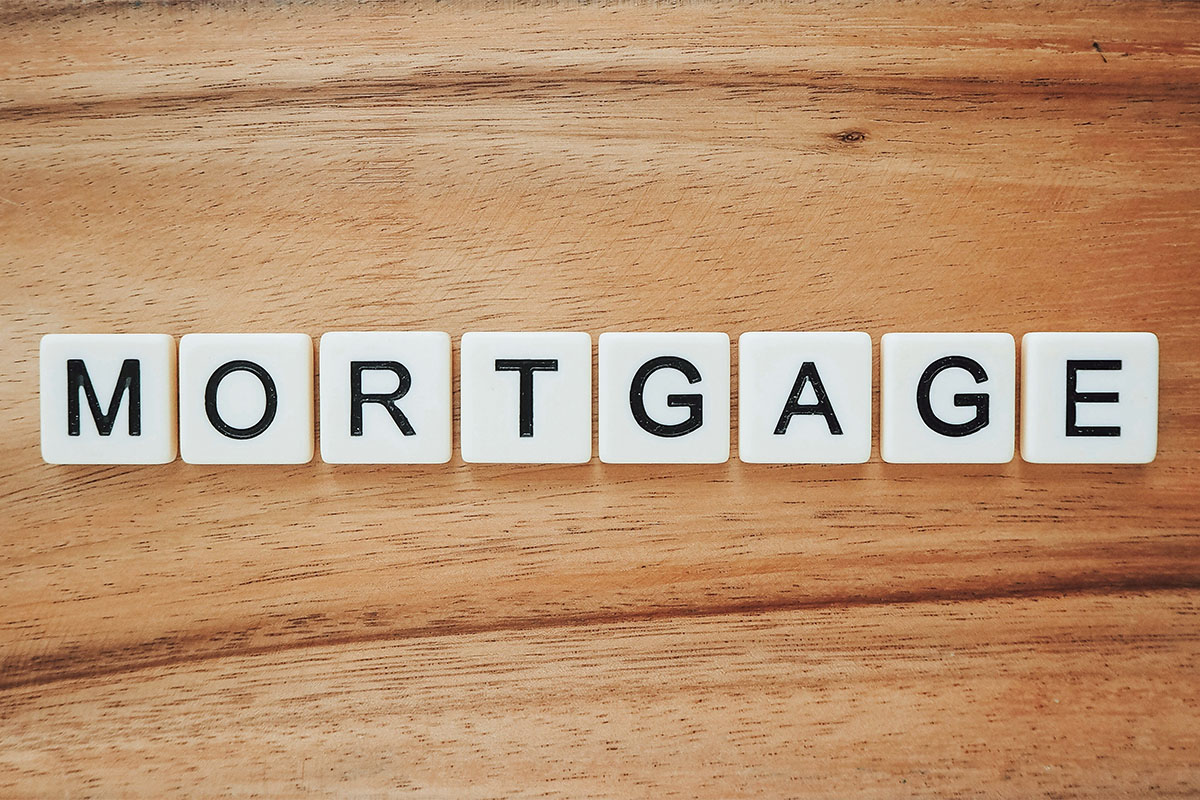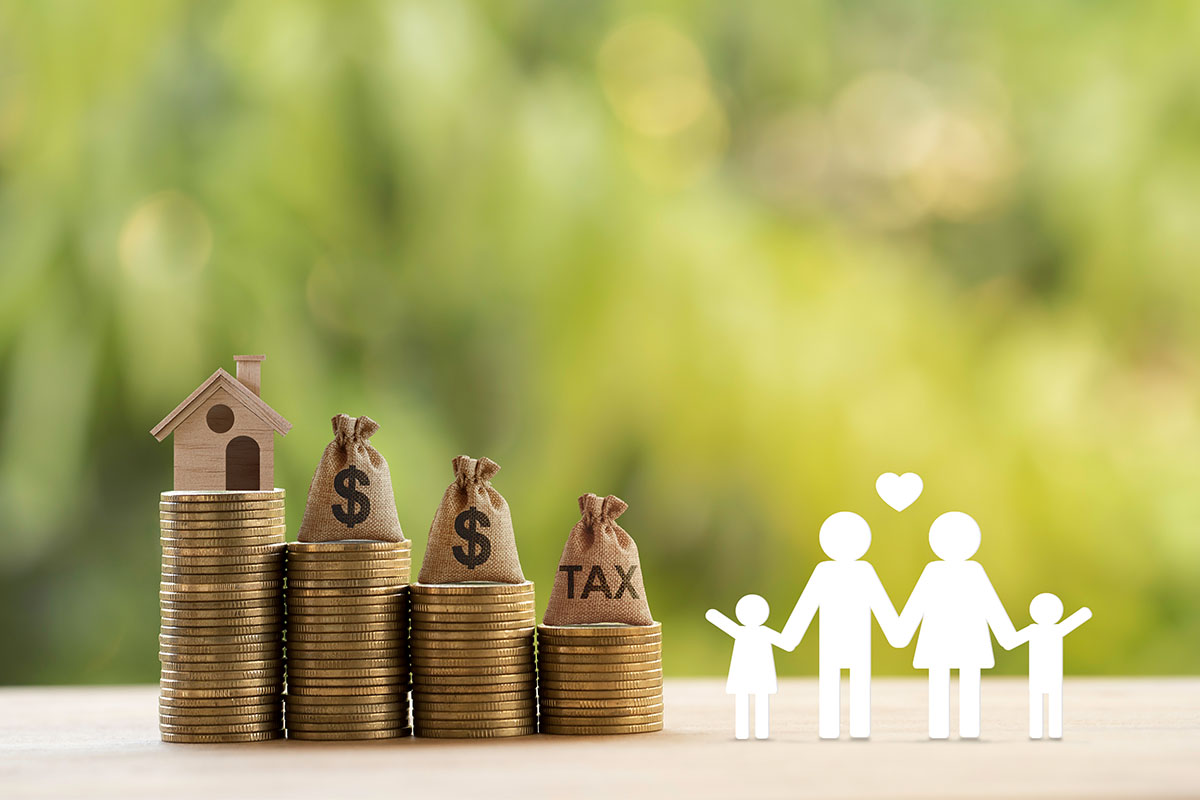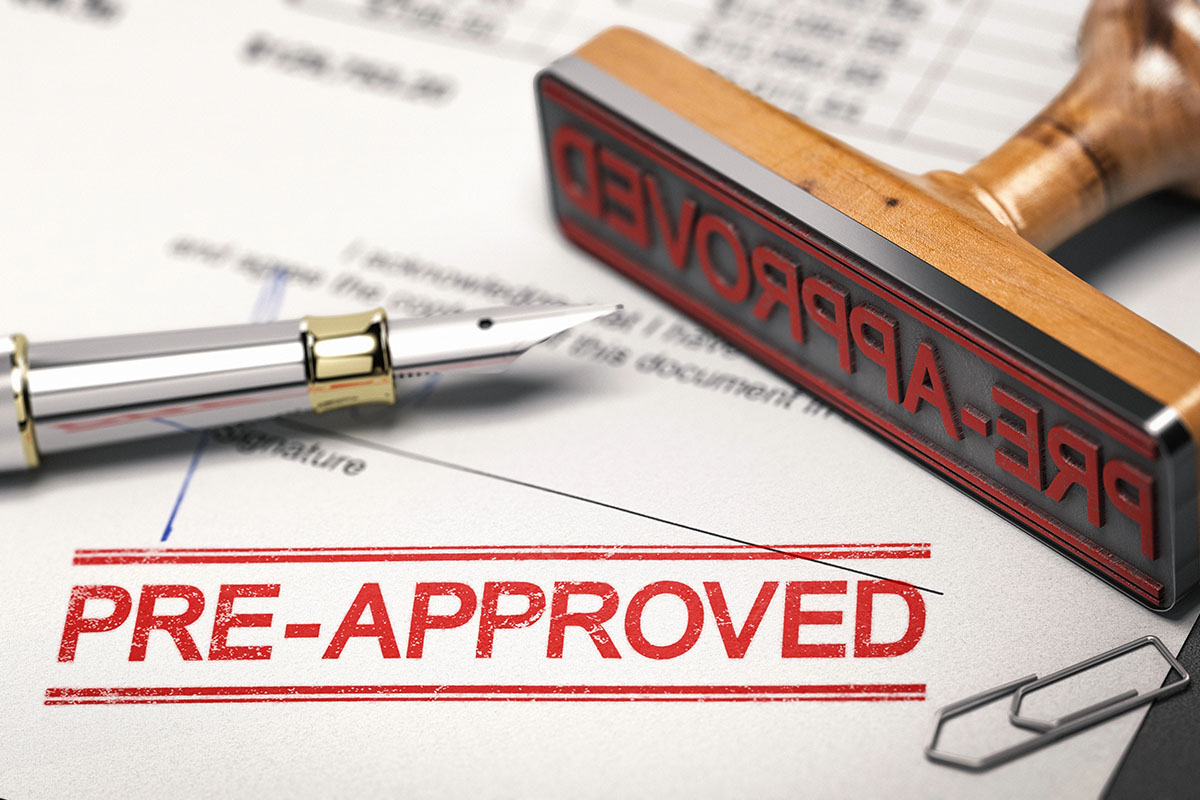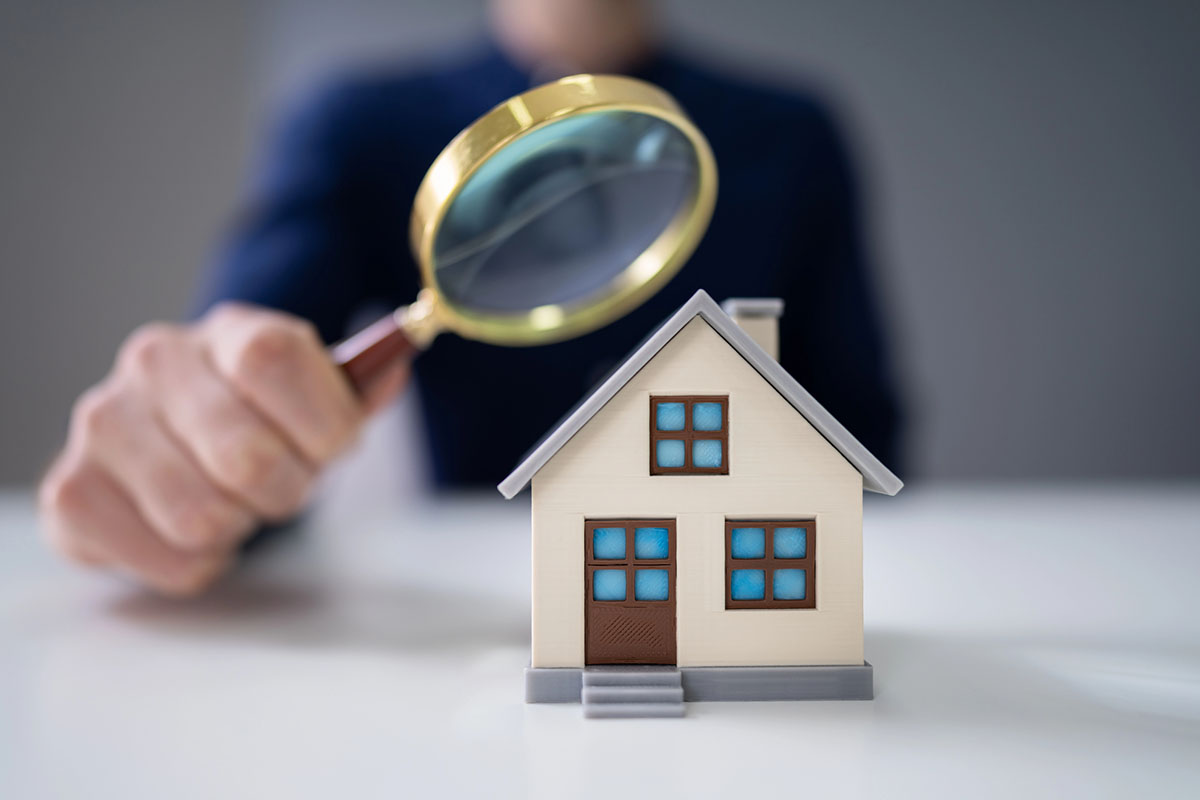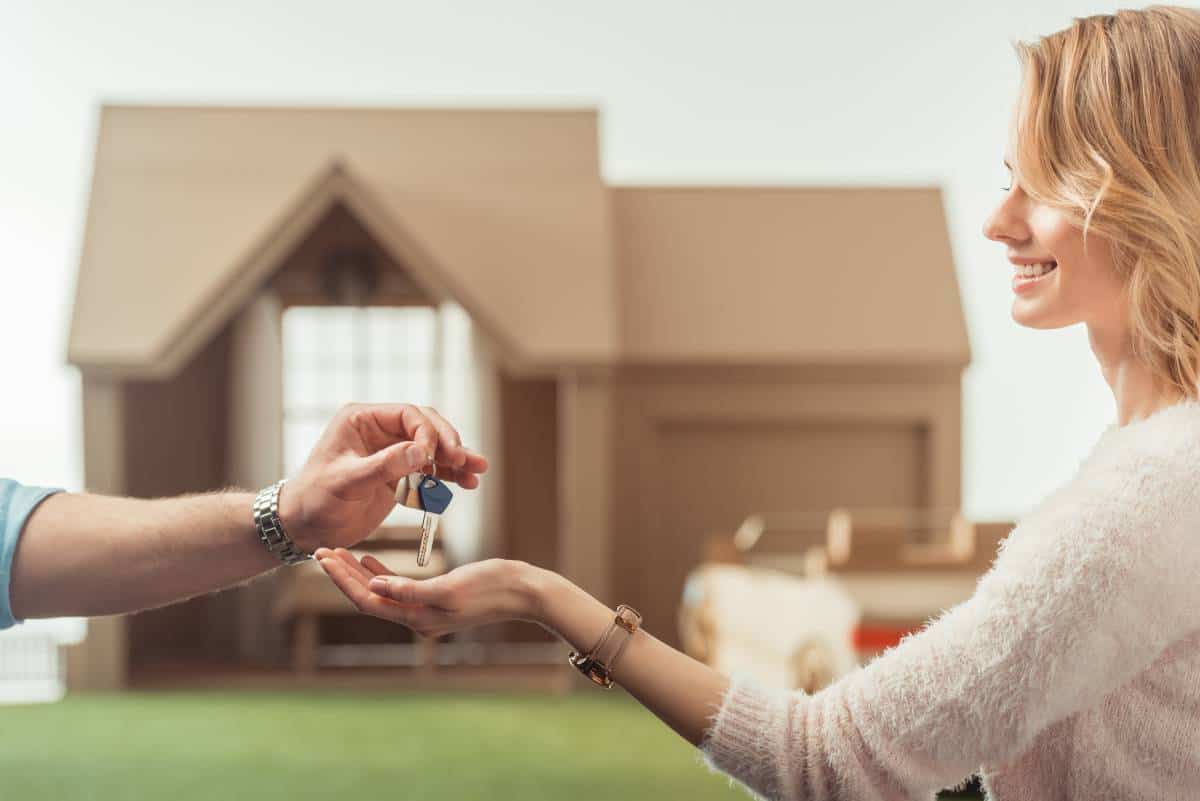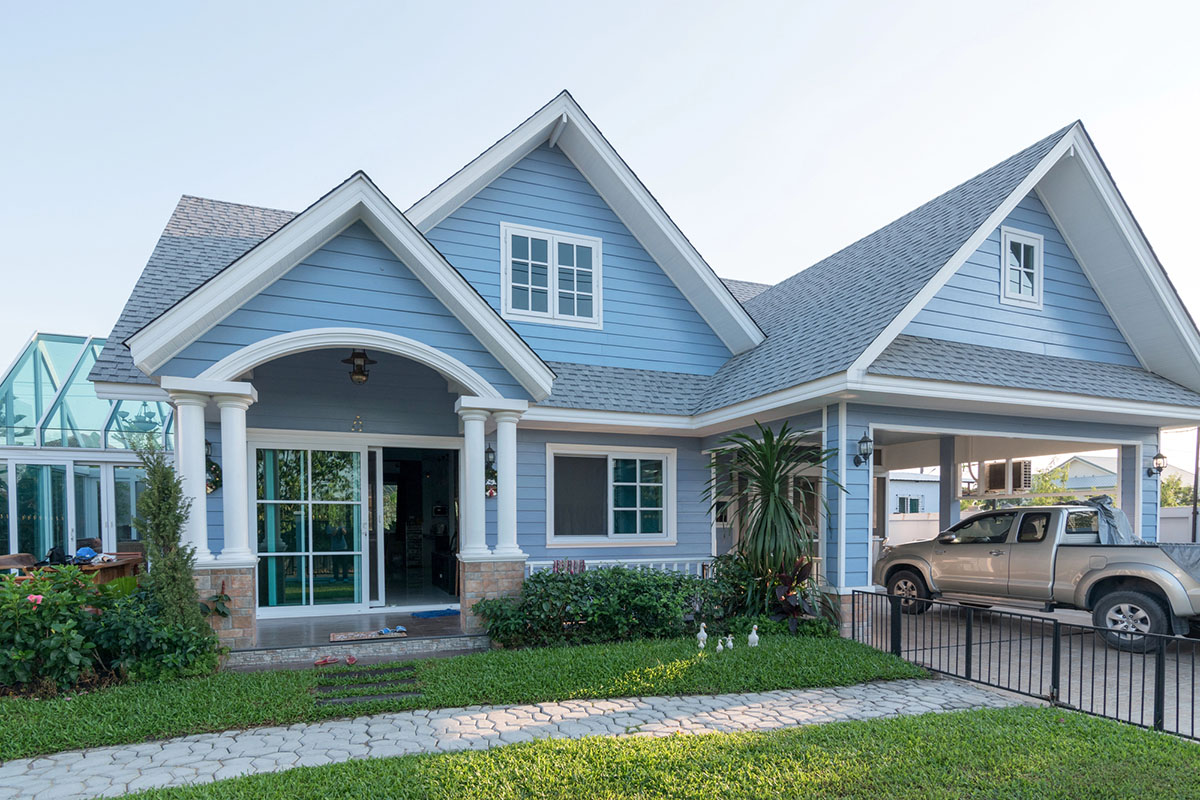One of the most hotly debated topics when it comes to Lockhart realty is whether it’s better to lease or own. The decision between leasing and owning a home (or a car, or other types of property) can have significant implications for your financial future.
We’ll explore the complexities of this age-old debate and present the pros and cons of each option. By understanding the nuances of Lockhart leasing vs purchasing, you’ll be equipped to make informed decisions that align with your long-term goals and priorities.
The Great Housing Debate
The decision to lease or buy a home is often a deeply personal one, influenced by individual circumstances and preferences. While some may argue that owning a home provides stability and potential for equity growth, others may find the flexibility and lower upfront costs of leasing more appealing. Factors such as market conditions, financial goals, and lifestyle considerations all play a role in determining whether leasing or buying is the right choice for you.
One key consideration when weighing the option to lease or buy a home is how each decision will impact your overall financial well-being. Owning a home can offer long-term benefits such as building equity and potential tax advantages, while leasing may allow for greater mobility and less financial risk in case of unforeseen expenses.
The choice between leasing vs owning a home is not always black-and-white, and it requires you to consider a number of factors to help ensure you make the right decision. Whether you choose to lease or buy, it’s important to weigh the pros and cons of each option before making a commitment that will have lasting implications on your financial future.
Leasing Advantages – Flexibility and Minimal Commitment
One of the key advantages of leasing is the flexibility it offers. Leasing agreements typically have shorter terms compared to traditional ownership, which allows the flexibility to upgrade and adjust your living situation to your needs without dealing with long-term contracts, or having to sell your home and go through the process of buying a new one.
Leasing often requires lower upfront costs and monthly payments, making it a more affordable option for those on a tighter budget.
Another advantage of leasing is the minimal commitment required. Unlike owning an asset outright, leasing allows you to use and enjoy something without being tied down to it long-term. This can be appealing if you value freedom and want the ability to easily transition to something else in the future, whether that be a new home or car.
Leasing provides protection against depreciation risks since you don’t own the asset and are not responsible for its resale value when you’re ready to move on to something new.
Ownership Advantages – Building Equity and Long-Term Stability
When you own an asset, such as a home or car, you can build equity over time. This means that as you make payments towards the principal balance, your ownership stake in the asset increases. In contrast, when you lease an asset, you’re essentially paying for temporary use without any potential for equity accumulation. Leasing may be more beneficial for a car, as they often depreciate relatively quickly – whereas homes in most areas (especially throughout much of Central Texas) tend to continue appreciating over time; meaning that in many scenarios you can sell your home for more than you purchased it for.
Another benefit of ownership is the long-term stability it provides. Owning a home, for example, can offer security and predictability in terms of monthly mortgage payments. On the other hand, leasing can come with fluctuating costs and uncertainties at the end of each lease term.
While leasing and owning have their own sets of advantages and disadvantages, ownership can build equity and provide long-term stability, which may be what you’re looking for.
Financial Considerations
When it comes to crunching the numbers and deciding about whether to lease or own, there are several financial considerations to consider. One of the key factors to consider is the long-term costs associated with each option.
While leasing may seem like a more affordable choice initially due to less money down up front, owning can often result in greater overall savings in the long run as you build equity and eventually own the asset outright.
It’s important to weigh factors such as maintenance costs, insurance premiums, and resale value when deciding between leasing and owning. For example, with a leased vehicle, you may be responsible for additional fees if you exceed mileage caps or damage the car beyond normal wear and tear. However, with a home, ownership allows you to benefit from appreciation in property values over time.
Your decision should be based on your unique financial situation and goals. It’s crucial not only to evaluate short-term affordability but also consider how each option aligns with your broader financial objectives before making a final choice.
Location Matters
When it comes to deciding whether to lease or own a property, location can play a crucial role in the decision-making process. In some areas, leasing may be more advantageous due to high property values and prohibitive buying costs. On the other hand, owning in certain locations may provide stability and potential appreciation in value over time.
For example, in urban centers with rapidly increasing real estate prices, leasing may offer more flexibility for individuals who are not ready to commit to a long-term investment.
Owning property in suburban or rural areas where housing prices are more stable or growing at a slower rate could be a wise financial choice. This is because homeownership allows individuals to build equity and potentially benefit from property appreciation over time.
Owning property in desirable locations with strong rental demand can also allow you to generate passive income through renting out your home. Be sure to carefully consider their lifestyle preferences, financial goals, and market conditions when deciding whether leasing or owning is the best option for them based on location factors.
How a Lockhart Realty Agent Can Help You Find Your Best Fit
When it comes to making the decision between leasing or owning a property, having the guidance of a knowledgeable realtor can make all the difference. A skilled real estate agent, such as those at Lone Star Realty, will consider your needs, preferences, and financial situation to help you find the best fit for your lifestyle. They can offer valuable insights into market trends, neighborhoods, and pricing strategies that may not be readily apparent.
A realtor can help you navigate through any complexities or uncertainties that may arise during the buying or renting process. Whether it’s negotiating terms with landlords or sellers, understanding contractual obligations, or advising on potential investment opportunities in the future, having a trusted real estate professional by your side can provide peace of mind and clarity throughout this important decision-making process.
Partnering with a realtor who takes the time to understand your unique needs and goals can help you feel confident that you are making an informed choice that’s tailored to your specific circumstances.
Finding Your Home Sweet Home
It’s wise to carefully consider all aspects of each option before deciding. Consider factors such as your financial situation, lifestyle preferences, maintenance responsibilities, future plans, and overall investment strategy. By weighing these considerations thoughtfully and consulting with a realtor specializing in properties for sale in Lockhart, if necessary, you can confidently choose whether leasing or owning is the right decision for you.
Remember that there is no one-size-fits-all answer when it comes to deciding between these options. What matters most is selecting an option that aligns with your values and long-term goals.
